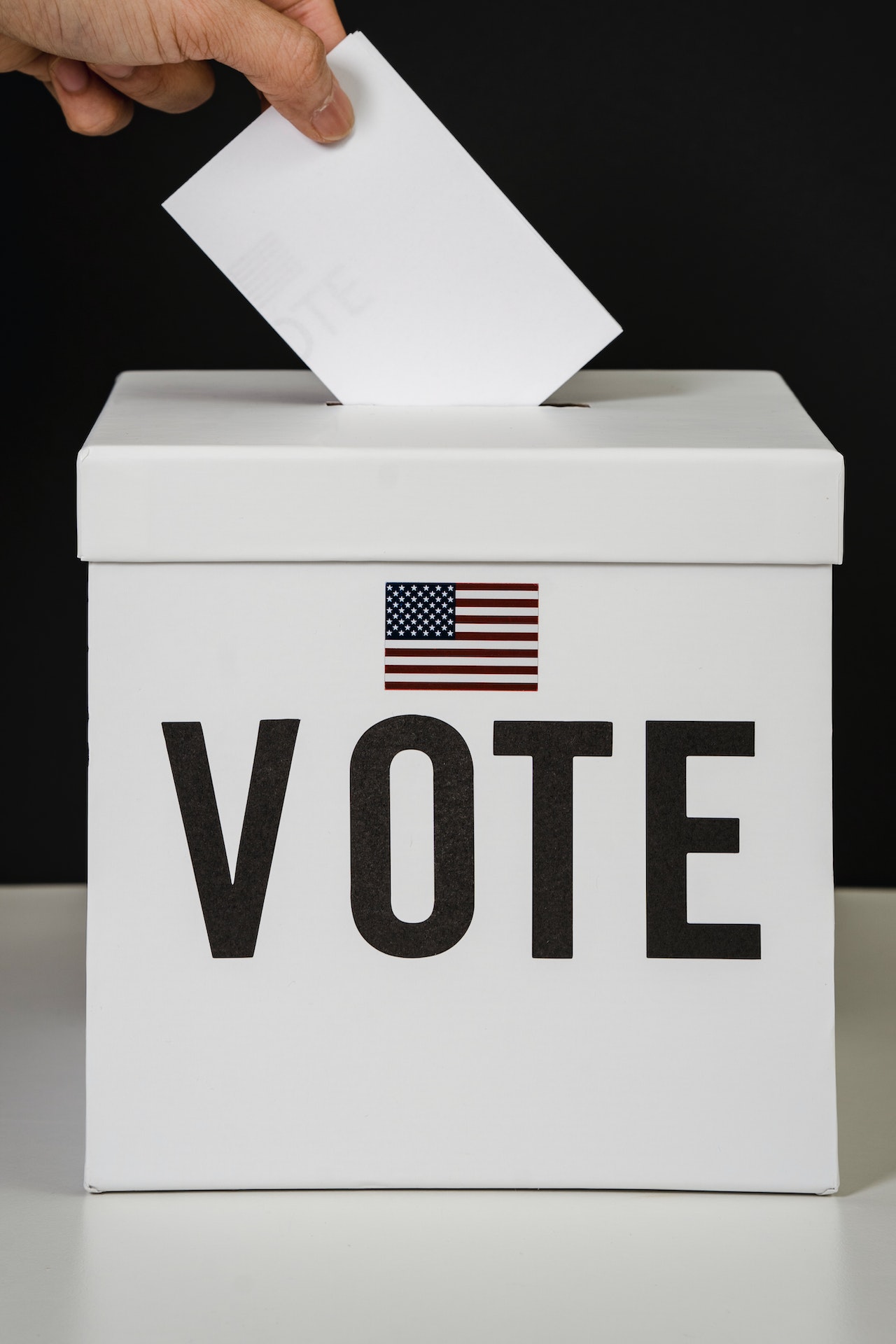Voting may look different if progressive proposals are enacted, including switching to another system, expanding the electorate, fines, as well as allowing polls to open 10 days early.
Since Election Day, Gov. Ned Lamont and lawmakers have proposed revisiting the way Connecticut residents vote, offering ranked choice voting as an alternative, stating it would “take some of the sting out of politics and bring some of the decency back to public service.” Meanwhile, another bill would establish a task force to study the option in certain elections.
However, there are issues with ranked choice (as recently studied by Yankee Institute) including exhausted ballots, information deficits, as well as confusion and, even, disenfranchisement.
Yet who might be able to vote is also primed for expansion. HB 5714 would allow “incarcerated individuals to become electors and to vote,” while HJ 19 calls for the state constitution to be amended to allow 16-year-olds to vote. Additionally, another proposal would “provide for ten days of early voting and the hours of voting during such ten days.”
Meanwhile, progressive lawmakers have proposed making voting “mandatory” in order to bolster turnout. If HB 5704 is passed, citizens who did not cast a ballot will have to provide “a valid reason or be fined for not responding” to a government inquest.
These revolutionary ideas would expand on the referendum passed on Election Day, which supported amending the state constitution to authorize the state legislature to provide by law for in-person early voting before an election.
Since then, lawmakers are aiming to implement the amendment by Nov. 5, 2024, with bills submitted by the Government Administration and Elections Committee in both the Senate and House.
The new guidelines would establish the number of days and hours of and implement procedures for early voting; provide for same-day election and primary registrations during periods of early voting; make conforming changes to deadlines for the performance of certain duties prior to an election or primary; and require the Secretary of the State to undertake efforts to educate the public about early voting and train registrars of voters regarding the administration of early voting.
The same committee also proposed “An Act Concerning Absentee Voting,” which will:
- Provide that absentee ballots delivered to the ballot counters by the municipal clerk before or at 6 p.m. on the day of an election, primary or referendum are to be counted immediately upon such delivery;
- For notification of individuals whose absentee ballots may be rejected due to a defect, so that such individuals are able to either correct such defect or vote in person;
- Prepaid postage to absentee ballot applicants for the return of such absentee ballots; and
- That absentee ballot applications that have been completed and signed are public records subject to public inspection.
These proposals would significantly alter the electorate and system already in place. As residents, we must now ask how does allowing prisoners — those who forfeited that right when committing their respective crime — and non-adult persons inspire confidence in the election system? Does the state need to completely overhaul the process by implementing ranked choice voting?
If lawmakers want free and fair elections, these are not the answer. Instead, they should combat voter fraud and continue policies expanding the electorate — but certainly not fining Americans for not casting a ballot, which runs counter to a free society.

